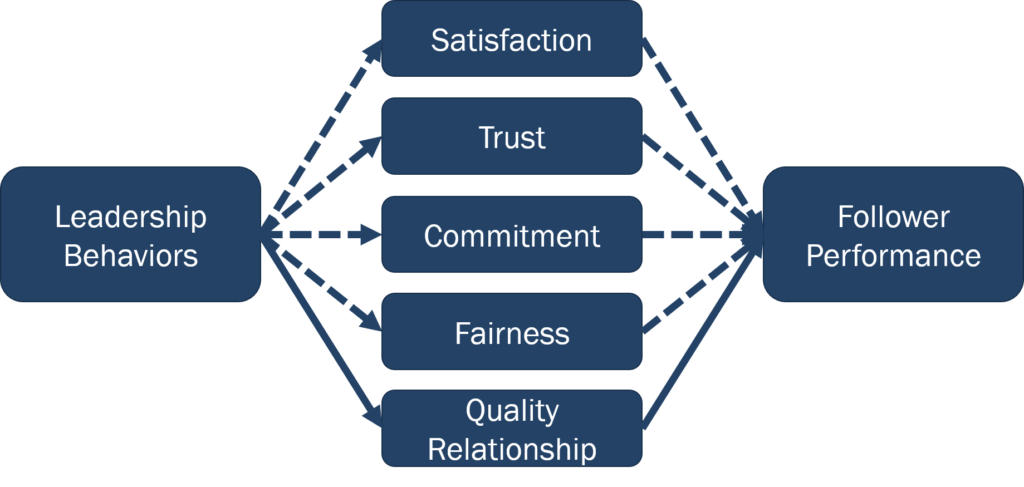When I speak or teach, I will commonly ask the audience this question: “Should you build close relationships with those you lead?”
The answers that I get back are generally either a strong “No!” or a strong “Yes!”
From working with leaders, I find these answers to be a very telling indicator of how one leads.
Power Bases
When an individual answers with “No!” I have found that they generally lead from an organizational power base. This means that they tend to influence those they lead by leaning upon their authority and their ability to offer rewards or threaten punishment.
They feel that if they get too close to those they lead, it will reduce their power and influence.
When an individual answer with “Yes!” I have found that they generally lead from a personal power base. This means that they are someone that has the knowledge, skills, kindness, humility, and authenticity that makes it so those they lead want to follow them. They influence others because they are respected, not because they are feared.

(Click here if you want to learn more about organizational and personal power bases)
What Does the Research Say?
This topic is actually what my dissertation ended up being about (I was able to publish it in the Journal of Organizational Behavior, where it won “Article of the Year” for 2017). But, I didn’t originally begin my dissertation with this focus in mind.
For the last 70 years of leadership research, researchers have been investigating the relationship between leadership behaviors and follower performance. Much of this research seeks to identify which leadership behaviors are most important for enhancing the performance of followers.

Some of the leadership behaviors that have been found to be most important for improving follower performance over the years include consideration, initiating structure, transactional leadership, transformational leadership, authentic leadership, and servant leadership (click here for definitions of each).
So, we largely know that the right leadership behaviors translate into follower performance, but until my dissertation, there wasn’t much clarity on why this relationship exists. Was is because:
- Leadership behaviors make followers satisfied, and happy employee are more productive,
- Leadership behaviors build trust, and trust leads to increased speed and decreased cost,
- Leadership behaviors make followers more committed, and committed followers put more into their work,
- Leadership behaviors generally mean that followers are treated more fairly, and fairly treated employees are more productive than unfairly treated employees, or
- Leadership behaviors improve followers’ perception of their relationship with their leader, and having a good relationship makes followers’ more responsive to leaders’ efforts to influence?
All of these are accurate, but if we can identify which is the most important, it should give leaders greater precision on what is most important for them to focus on.
So, essentially, I ran a methodological horse race to see which would win.
Bullet point #5 won every time.

This revealed that a critical aspect of effective leadership is building positive relationships with followers.
This essentially means that if you want to get the “biggest bang for your buck” when it comes to your leadership efforts translating into higher levels of performance, you need to develop strong and positive relationships with those you lead.
(You can access this journal article here)
Conclusion
If you answered the initial question, “Should you build close relationships with those you lead?” with a “No!” this suggests that you may want to rethink your approach to leadership. You are likely leading through an organizational power base and are too concerned about your status, and not concerned enough with your relationships with your followers.
But, if you answered with a “Yes!” hopefully this gives you validation for your leadership approach, focused on becoming more of someone others want to lead. Further, I hope it gives you clarity on how you can further enhance the performance of those you lead: Improve your relationships with each of them.
As the Black Eyed Peas sing, “Be Different! Be Nice! Just Smile! I promise it’ll change your life!”










